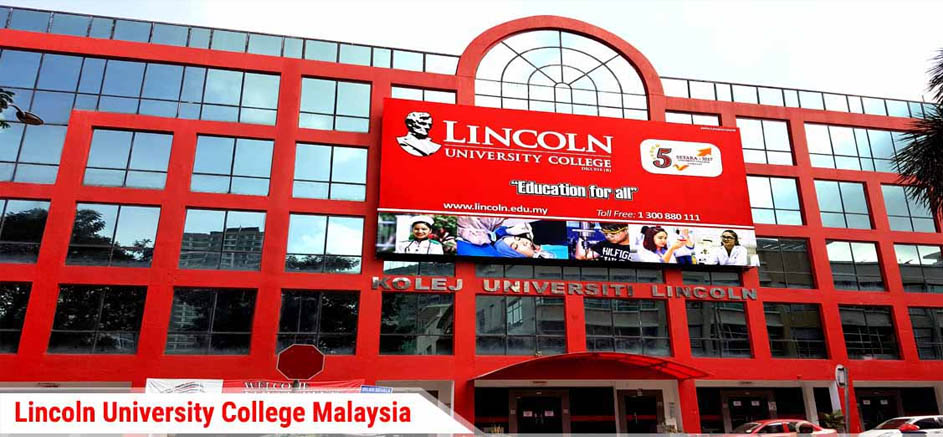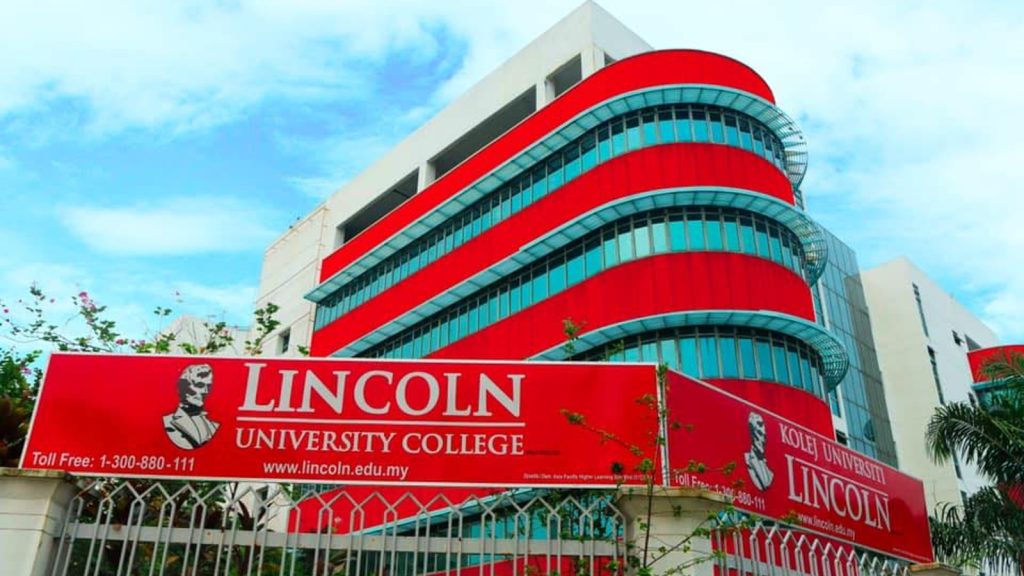The Diploma in Early Childhood Education (ECE) program under the Faculty of Social Science, Arts and Humanities is designed to give students academic and technical skills in broad areas. In recent decades, studies have shown that early childhood education is critical in preparing children to enter and succeed in the grade school, diminishing their risk of social-emotional mental health problems and increasing their self-sufficiency as adults.
Overview
The Diploma in Early Childhood Education (ECE) program under the Faculty of Social Science, Arts and Humanities is designed to give students academic and technical skills in broad areas. In recent decades, studies have shown that early childhood education is critical in preparing children to enter and succeed in the grade school, diminishing their risk of social-emotional mental health problems and increasing their self-sufficiency as adults. In Malaysia it is recognizes that the first 3 years of life are critical in the development of children and therefore must be committed to providing quality education for its youngest citizens. The program combines the precise training in methods of teaching, assessment, curriculum content, children arts and music, learning and pedagogy, health and safety. The Diploma of Early Childhood Education (DECE) Program in Lincoln University College prepares students to become professionally trained edu-carers and academically qualified preschool teachers who can continue their future study in Bachelor of Early Childhood Education (BECE) (Hons) Program. Graduates will develop skills in teaching children between 0-8 years of age. The diploma holder would be qualified to find work as educators in various subjects of science,commerce and basic learning.
Program Aim
- Establish students to the ground rules of early childhood learning.
- Produce upcoming teachers who are responsive to the requirements of teaching to children in their early childhood.
- Build up students to be proficient individuals; equipped with teaching proficiency and other essential skills to teach efficiently.
- Render students to the issues of present-day childhood education.
- Nurture students to become individuals with individuality who can become role models to the upcoming generation.
Career Opportunities
The Diploma in Early Childhood Education is in high demand for employers in a variety of academic sectors. It provides students with thorough knowledge of childhood education by equipping students with a detailed understanding and skill that is applicable to the workplace. They will also find jobs as educational counselors, pre-school teachers, curriculum and instructor positions in various educational organizations, and can be involved in the analysis and planning of educational activities in the organizations. After completion of this course professionals are expected to emerge as:
- Preschool Teacher
- Childcare Center Director
- Home-Based Service Provider
- Home-Based Service Provider
- Family Support Specialist
- Consultant
- Elementary School Teacher
Subject Highlights
| Sl.No. | MQA Subject Code | Subject Name | Credits |
|---|---|---|---|
| 1 | DECE 1113 | Introduction to Early Childhood Education | 3 |
| 2 | DECE 1123 | English Language Across the Early Childhood Curriculum | 3 |
| 3 | DECE 1133 | Social-Psychology of Child Studies | 3 |
| 4 | DECE 1143 | Children with Special Needs | 3 |
| 5 | DECE 1153 | Observation and Assessment in Early years | 3 |
| 6 | DECE 1163 | Establishing Relations with Parents and Society | 3 |
| 7 | DECE 1213 | Language, Communication and Literacy | 3 |
| 8 | DECE 1223 | Social Studies and Environment in Early Childhood | 3 |
| 9 | DECE 1233 | Care,Early Interaction and Pedagogy | 3 |
| 10 | DECE 1243 | Spiritual and Morality in Early Childhood Education | 3 |
| 11 | MPU 2913/2133 | Philosophy and Current Issues Course / Malay Language Communication 1 | 3 |
| 12 | DECE 1313 | Language Arts in Early Childhood | 3 |
| 13 | DECE 1323 | Music Appreciation in Early Childhood Education | 3 |
| 14 | MPU 2222 | Creative Problem Solving | 3 |
| 15 | DECE 2413 | Child Growth and Development | 2 |
| 16 | DECE 2423 | Children Literature | 3 |
| 17 | DECE 2433 | Pedagogy: Supporting Development in the early Years | 3 |
| 18 | DECE 2443 | Early Mathematics | 3 |
| 19 | MPU 2332 | Constitution and Society | 3 |
| 20 | DECE 2453 | Administration of Early Childhood Education | 3 |
| 21 | DECE 2513 | Contemporary Perspectives of Learning and Development for Early Childhood | 3 |
| 22 | DECE 2523 | Curriculum, Planning and Development for Early Childhood Education | 3 |
| 23 | DECE 2533 | Health, Safety and Nutrition in Early Childhood Education | 3 |
| 24 | DECE 2543 | Early Education: Philosophy and Practices | 3 |
| 25 | DECE 2553 | Science and Technology in Early Childhood Education | 3 |
| 26 | DECE 2563 | Families and Community involvement in Early Childhood Education | 3 |
| 27 | DECE 2613 | Nurture creativity in children | 3 |
| 28 | DECE 2623 | Behaviour Guiding Young Children | 3 |
| 29 | MPU 2422 | Co-Curriculum | 3 |
| 30 | DECE 3713 | Teaching Practicum I | 3 |
| 31 | DECE 3723 | Teaching Practicum II | 3 |
Entry Requirements :
- Passed the Certificate of Education Malaysia (SPM) with at least three credits in the course or equivalent; Or
- Passed the Malaysian High School Certificate (STPM) with at least a C grade (CGPA 2.0) in any subject or equivalent; OR
- Passed the Malaysian Higher Certificate of Religion (STAM) with at least Grade Maqbul; OR
- Pass the Malaysian Skills Certificate (SKM) (Level 3 MOH) in Early Childhood / Preschool and passed Education SPM with at least one (1) credit in any subject; OR
- Pass the Certificate in Early Childhood Education (Level 3 MOH) or equivalent; OR
- Other recognized qualifications equivalent to it by the Government of Malaysia.
English Requirements :
International students must have proof of good proficiency in verbal and written English. For example, International English Language Testing System (IELTS) score of 5.0 or its equivalent. If a student does not meet this requirement, HEPs must offer English proficiency courses to ensure that the student’s proficiency is sufficient to meet the needs of the programme.














